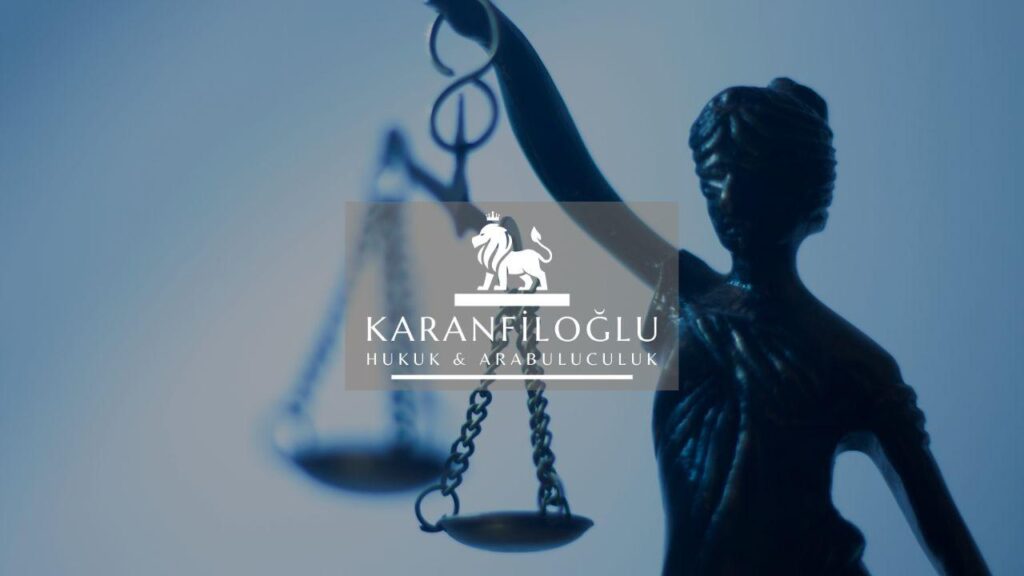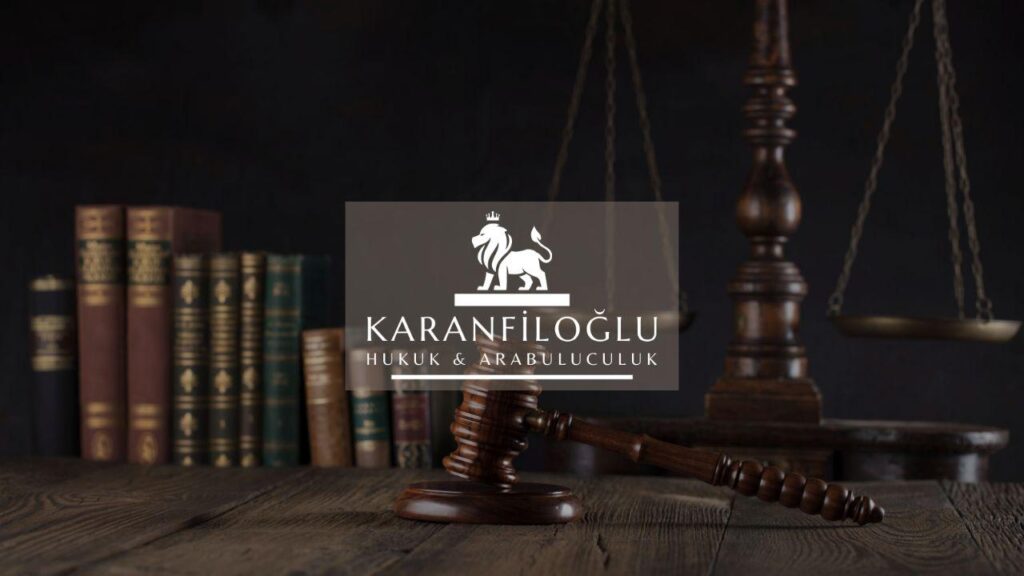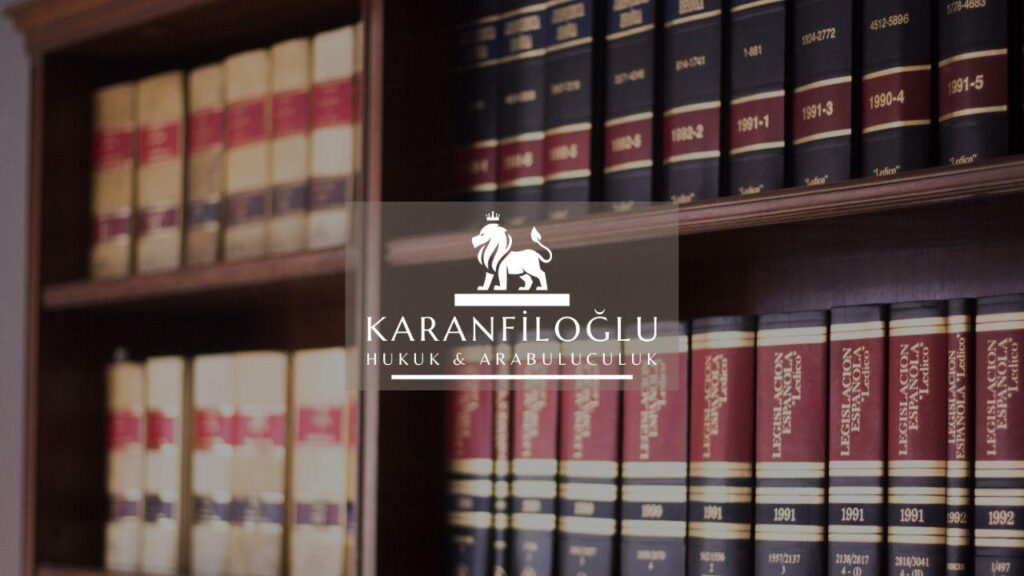Property development in Turkey involves a complex web of regulations that govern every aspect of the construction and real estate industries. Navigating these laws requires a deep understanding of several key legal frameworks including the Turkish Civil Code (Law No. 4721), the Code of Obligations (Law No. 6098), and the Zoning Law (Law No. 3194). At Karanfiloglu Law Office, we help our clients effectively maneuver through these intricate regulations to ensure smooth and compliant property development processes. Our expertise spans across zoning plans, construction permits, and environmental impact assessments, all crucial components underpinning successful development projects. With our comprehensive legal services, we ensure that all aspects of your property development adhere strictly to the relevant statutes and regulations, providing a reliable foundation for your investments and projects in Turkey.
Key Regulations and Compliance Requirements for Property Development in Turkey
One of the primary regulations governing property development in Turkey is the Zoning Law (Law No. 3194), which establishes the framework for urban planning, land use, and construction permissions. This law mandates the development and approval of zoning plans, which are essential for defining the allowable use of land and ensuring orderly urban development. Additionally, the Construction Law requires developers to obtain necessary permits before embarking on any building activities. Furthermore, environmental considerations are enforced through the Environmental Law (Law No. 2872), which necessitates environmental impact assessments (EIAs) for projects that may significantly affect the natural surroundings. Compliance with these regulations is critical for developers to prevent legal disputes and ensure the sustainability and legality of their projects. At Karanfiloglu Law Office, we provide expert guidance to help our clients navigate these intricate requirements seamlessly.
Equally vital to property development is the adherence to the Turkish Civil Code (Law No. 4721) and the Code of Obligations (Law No. 6098), which set forth the legal framework for property rights and contractual relationships. The Civil Code stipulates the foundational principles governing ownership, easements, and servitudes, ensuring that property transactions and usage are conducted in accordance with established legal norms. Meanwhile, the Code of Obligations delineates the obligations and liabilities of parties involved in construction contracts, including provisions on timelines, quality standards, and remedies for breaches. These regulations collectively ensure that property development projects are legally robust and protected against potential disputes. At Karanfiloglu Law Office, we offer detailed contract drafting and review services, ensuring that all agreements conform to the relevant statutory requirements and safeguard our clients’ interests comprehensively.
Another critical aspect of property development in Turkey is ensuring compliance with safety and technical standards as outlined in the Groundwater Law (Law No. 167), the Earthquake Regulations under the Disaster Management Authority (AFAD), and the Regulations on Construction Materials (R.G. No. 28762). These legal instruments mandate rigorous standards for structural integrity, material quality, and safety measures to protect against natural disasters, particularly earthquakes. Developers are required to conduct thorough geotechnical surveys and adhere to stringent building codes designed to guarantee the durability and resilience of structures. Non-compliance with these standards can result in severe penalties, project delays, and even the demolition of non-conforming buildings. At Karanfiloglu Law Office, we specialize in advising our clients on meeting these stringent safety requirements, providing peace of mind that their property developments will stand the test of time and comply with Turkish law.
Navigating the Land Acquisition Process for Foreign Investors
Foreign investors seeking to acquire land in Turkey must navigate a set of specific regulations outlined in the Land Registry Law (Law No. 2644) and the Foreign Direct Investment Law (Law No. 4875). According to Article 35 of the Land Registry Law, foreign nationals and foreign commercial companies incorporated outside Turkey may acquire property, provided it does not exceed 30 hectares and is not located in military zones or other restricted areas. Additionally, the property acquisition must comply with zoning regulations as per the Zoning Law (Law No. 3194). At Karanfiloglu Law Office, we provide comprehensive legal support to ensure that foreign investors adhere to these requirements, facilitating smooth transactions and mitigating potential risks associated with land acquisitions in Turkey.
To further streamline the land acquisition process for foreign investors, our team at Karanfiloglu Law Office meticulously handles the due diligence required under Turkish law. This includes verifying the legal status of the property, ensuring there are no encumbrances, and confirming compliance with the applicable zoning plans under the Zoning Law (Law No. 3194). We also assist in obtaining necessary permissions and approvals from the relevant governmental authorities, such as the Ministry of Environment and Urbanization, especially when the acquisition involves lands within special environmental protection areas. Our thorough approach helps foreign investors avoid pitfalls such as unforeseen restrictions or legal disputes, ultimately safeguarding their investments. Whether it’s navigating the constraints of Article 36 of the Land Registry Law regarding the acquisition of property by foreign legal entities, or addressing any conflicts arising under the Code of Obligations (Law No. 6098), Karanfiloglu Law Office is committed to guiding clients through every legal requirement for successful land acquisition in Turkey.
In addition to navigating the legal complexities of land acquisition, foreign investors must also consider the financial and tax implications of their purchase. The Turkish tax system, governed by the Tax Procedure Law (Law No. 213), imposes various obligations related to property transactions, such as Value-Added Tax (VAT) and title deed fees. Moreover, according to the Income Tax Law (Law No. 193), capital gains tax may apply depending on the duration of property ownership and the nature of the transaction. At Karanfiloglu Law Office, we offer tailored advice on tax planning strategies to optimize our clients’ financial outcomes. Our experts help navigate these tax obligations, ensuring compliance with Turkish tax regulations and minimizing any potential liabilities. By addressing both legal and financial aspects of land acquisition, we provide a comprehensive service that supports the successful execution of property investments in Turkey.
Common Legal Pitfalls in Turkish Property Development and How to Avoid Them
One common legal pitfall in Turkish property development is non-compliance with the Zoning Law (Law No. 3194), which governs land use and building regulations. Failure to adhere to zoning plans can result in significant penalties, project delays, or even halts. For instance, obtaining the proper construction permit is essential; according to Article 21 of the Zoning Law, any construction activity without a permit is deemed illegal. Moreover, it’s crucial to ensure that the proposed development aligns with the municipality’s zoning plan, which can be intricate and may require expert legal scrutiny. At Karanfiloglu Law Office, we offer thorough due diligence services to verify zoning regulations, thus helping clients avoid costly mistakes and ensuring their projects proceed smoothly within legal parameters.
Another prevalent issue is the lack of compliance with environmental regulations, which can have severe repercussions, including fines and project cancellations. Turkish Environmental Law (Law No. 2872) mandates that a comprehensive Environmental Impact Assessment (EIA) must be carried out for certain types of projects. Article 10 of this law specifies the necessity of obtaining an EIA report before the commencement of any project that may significantly affect the environment. Non-compliance with these regulations could lead to administrative sanctions, stipulated under Article 20 of the Environmental Law. At Karanfiloglu Law Office, we rigorously evaluate environmental requirements and facilitate the preparation of EIA reports, ensuring that your development meets all legal criteria and environmental standards, thereby mitigating potential risks and streamlining your project timeline.
A further critical pitfall to be aware of in Turkish property development is failing to address contract management and dispute resolution adequately. Under the Turkish Code of Obligations (Law No. 6098), construction contracts must be carefully drafted to outline clear terms and conditions, roles and responsibilities, and mechanisms for resolving any potential disputes. Articles 470-486 specifically deal with construction contracts, stipulating obligations such as the contractor delivering the completed work in a fit and proper condition. Ambiguities or omissions in these agreements can lead to disputes, financial losses, and protracted legal battles. At Karanfiloglu Law Office, we provide meticulous contract review and drafting services to ensure that all contractual obligations are explicitly stated and legally sound. Additionally, we advocate for alternative dispute resolution methods to manage conflicts efficiently and cost-effectively, safeguarding your investments and maintaining project continuity.
Disclaimer: This article is for general informational purposes only and you are strongly advised to consult a legal professional to evaluate your personal situation. No liability is accepted that may arise from the use of the information in this article.







